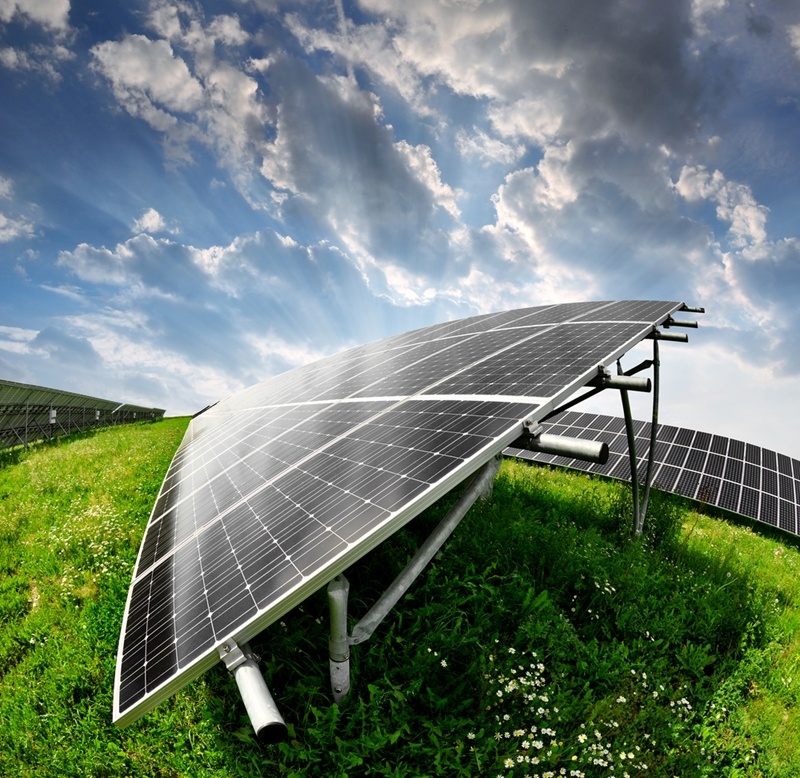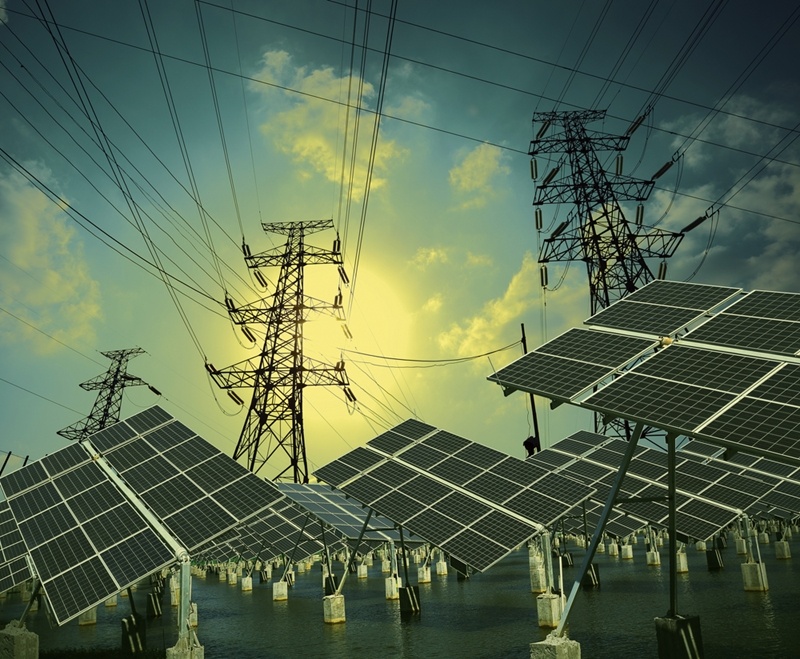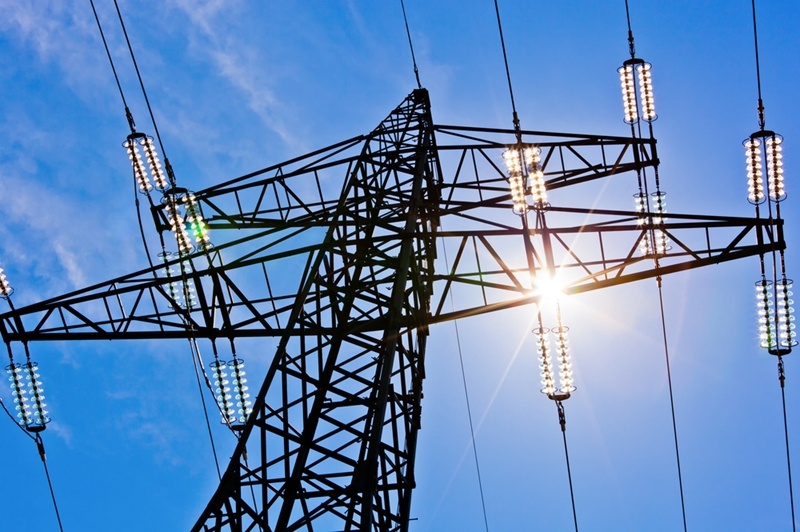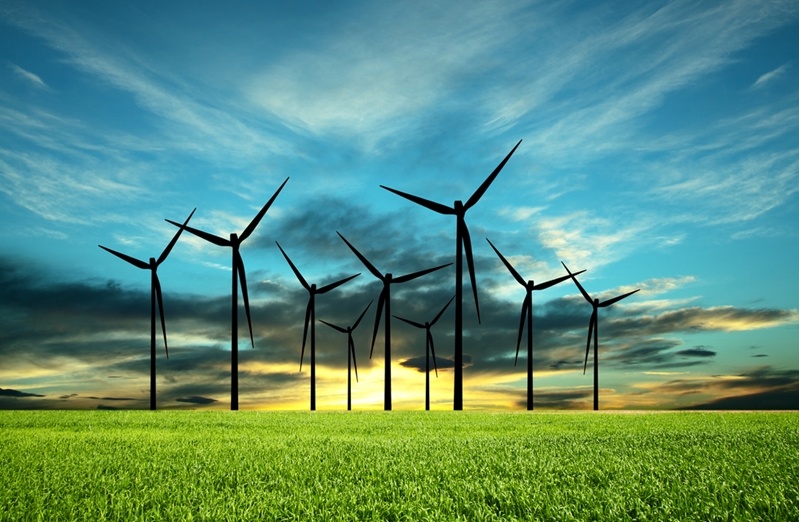Illinois legislators launch a new sweeping clean energy bill
Renewable and nuclear advocates could be poised to score a major victory in Illinois as state legislators introduced a major bill that would cap carbon emissions, promote energy efficiency policies and bolster Illinois' Renewable Energy Standard.
According to Midwest Energy News, the bill's goals are closely aligned with those of the Illinois Clean Energy Coalition, a group of 26 organizations dedicated to creating clean energy jobs and curbing carbon-emitting generation.
"There are existing market-based incentives that can encourage the use of renewables and nuclear."
Bill will allow Illinois EPA to limit carbon per Clean Power Plan guidelines
In a testimony given to the Federal Energy Regulatory Committee, Kathleen Barrón, senior vice president of federal regulatory affairs and wholesale market policy at Exelon, a nuclear plant operator, said that the choice between grid reliability and a cleaner, more modern electrical grid is a false one, Fierce Energy reported.
Barrón explained that there are existing market-based incentives that can encourage the use of renewables and nuclear, while shuttering carbon-emitting plants and complying with federal carbon standards as laid out in the federal Clean Power Plan. This has led to one of the pillars of the new bill: Putting a cap on carbon emissions and administering an auction for carbon allowances under that cap. Exelon believes that this will adequately reward non-carbon based generation, which is consistent with Clean Power Plan guidelines.
New energy efficiency goals
The new bill requires utilities to invest in energy efficiency by mandating a 20 percent cumulative reduction in energy demand by 2025 through various means. Midwest Energy News reported that demand response will play a big part of this overall reduction of energy demand by defining it as a commodity that utilities can procure and recover through their rate formulas.
In addition, the legislation also calls for utilities to make it easier for customers to invest in energy efficiency. Additional investments will be made to encourage ratepayers to adopt smart meters which will help them take advantage of real time pricing and demand response incentives. Customers have heretofore been unwilling to try demand response as they don't like the idea of being locked into a long term contract for it. The bill would eliminate the 12 month contract requirement as a way to entice customers to try demand response with less risk on their part.

A new bill introduced by Illinois legislators could lead to sweeping changes in Illinois' energy markets and infrastructure.
Providing a fix for Illinois' Renewable Energy Standard, fostering solar adoption
For both the new bill and the ICEC, one of the major points of emphasis is extending and bulking up the state's Renewable Energy Standard, which would provide a requirement for Illinois' utilities to get a certain percentage of their generation capacity from renewable sources.
The bill would improve Illinois' renewable standard by requiring that 35 percent of energy consumption must be generated by clean renewable sources by 2030, Midwest Energy News reported. The state's current standard calls for 25 percent renewables by 2025, but lawmakers and clean energy supporters were unsure if they would be able to meet that goal due to fierce opposition from utilities.
The continued adoption of solar and wind power is another key point in the bill. On the utility-grade side, the bill will allow the Illinois Power Agency to procure renewable generation, which will give these resources some assurance that they can obtain long-term commitments to purchase their power. There will also be a solar carve out that will guarantee rooftop installations and community solar projects.
One of the issues that tends to arise when a state enacts stricter renewable requirements is that utilities raise their rates to make up for the lost revenue caused by distributed generation. The bill, if passed, would pre-empt this by putting a two percent cap on the amount utilities can raise their prices in relation to the growing renewable investments.
This content is property of ESCO Advisors and all reproductions must reference and link back to the ESCO Advisors website.
Share this
You May Also Like
These Related Stories

Maine Senator drafts unprecedented distributed energy resources bill

Massachusetts energy companies unite to plot grid modernization


